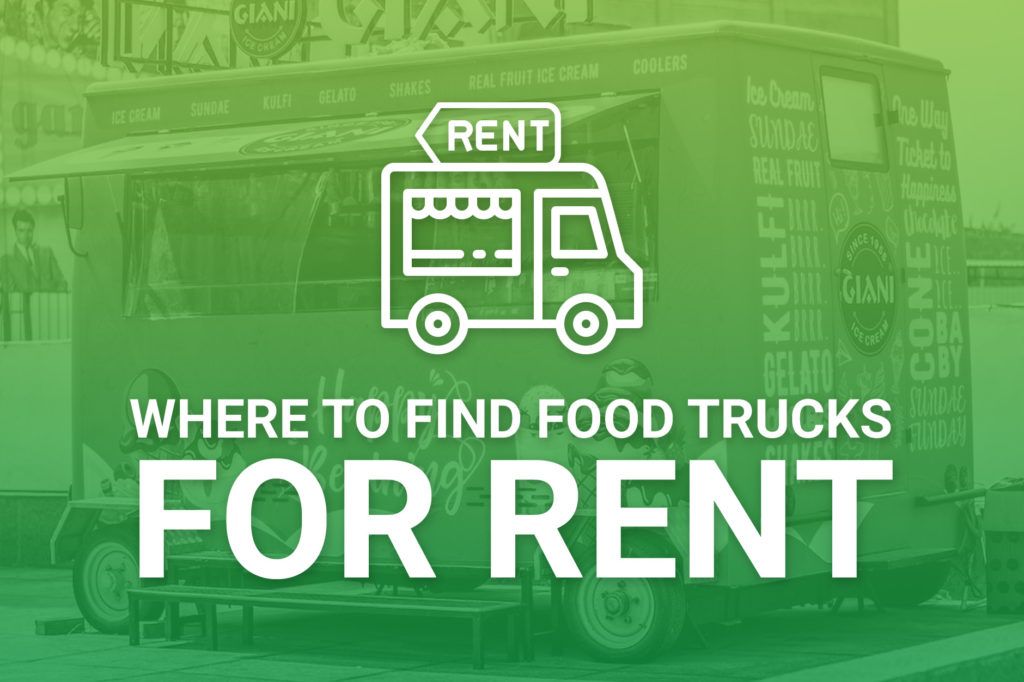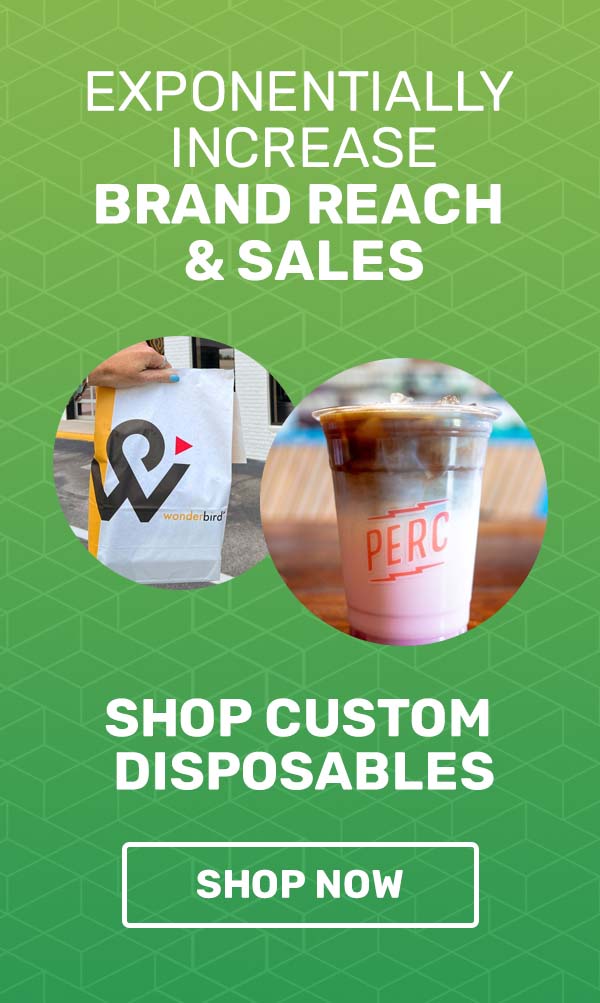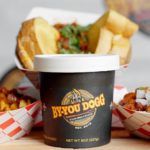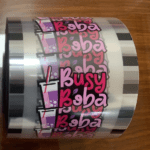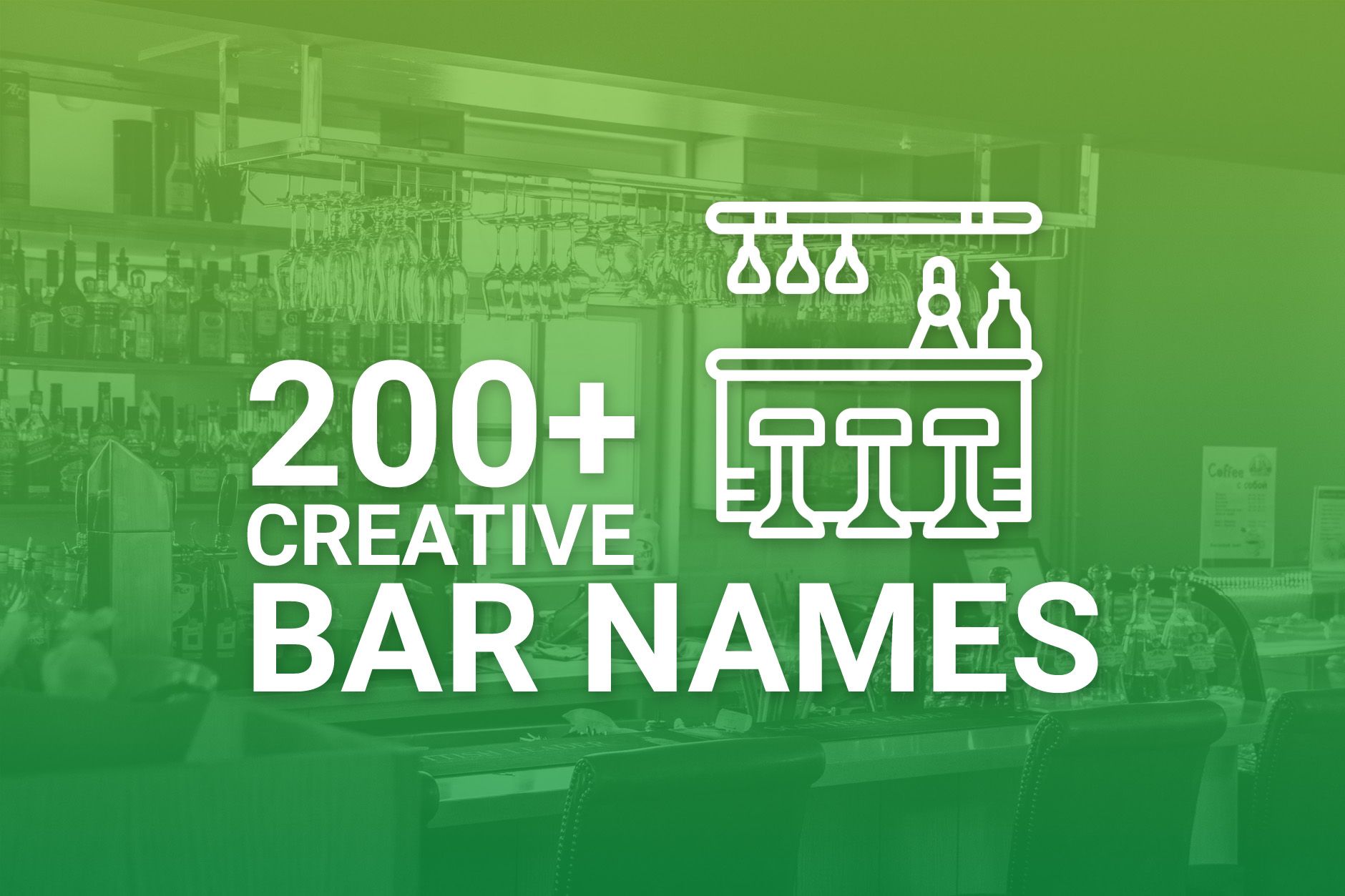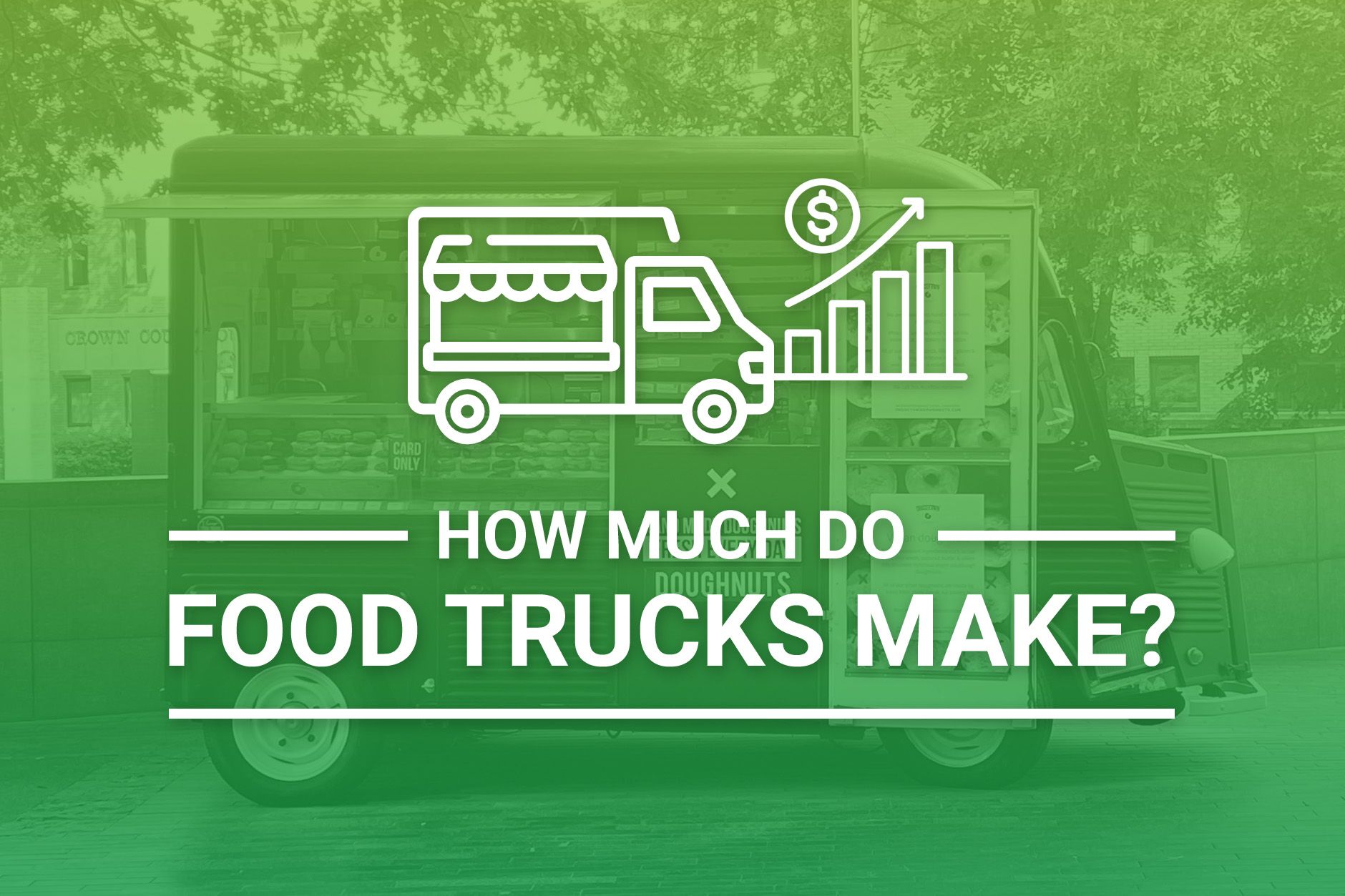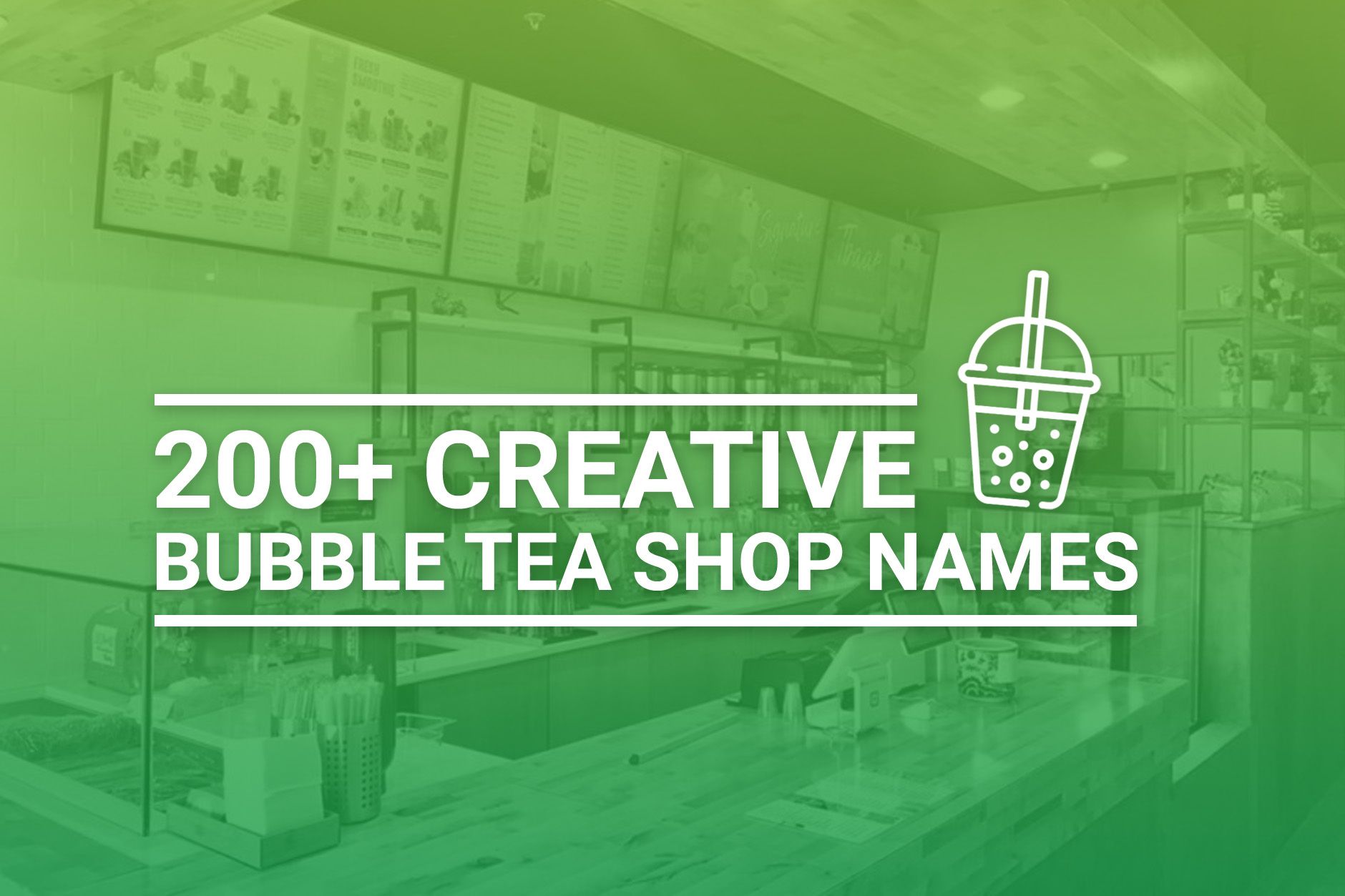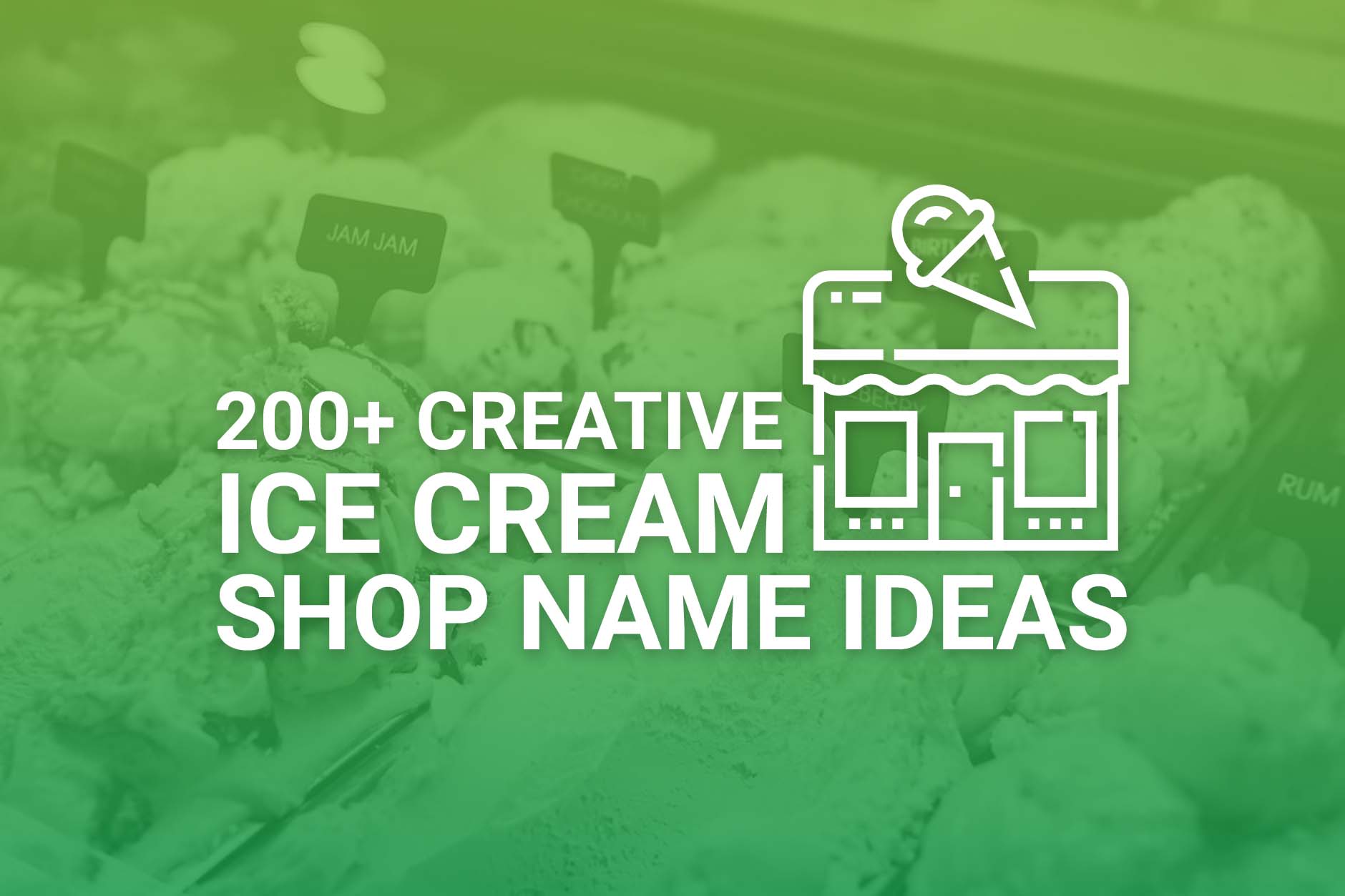While opening your own food truck costs far less money than starting a brick-and-mortar restaurant, it still requires a substantial investment. The main cost for most food truck owners is the vehicle and adaptations to turn it into a mobile kitchen. Renting or leasing a food truck is a good way to get in on the food truck trend without shelling out tens of thousands of dollars for a vehicle and necessary kitchen equipment.
Based in Michigan, Budget Branders works with independently-owned businesses – including food trucks – across the United States. We offer a full range of high-quality disposable products, each of which can be custom printed with your business name, logo, and more. Interested in learning more? Reach out for a free quote from our branding team.
Why Food Trucks Are Often a Great Way to Break into the Restaurant Business
In the U.S., food trucks continue to be in high demand at festivals, events, in busy downtown areas, and breweries and brewpubs that might not have their own kitchen. Increasingly, people are even choosing food trucks instead of catering for their own events, like weddings, baby showers, and other parties. They can also be used as a pop-up dining experience.
For entrepreneurs, food trucks are often an easier way to get into the restaurant business, compared to opening a brick-and-mortar establishment. While there are start-up costs for food trucks, they tend to be much lower – at $75,000 to $250,000 – than the cost of opening a restaurant. This number could be even lower if you choose to rent a food truck instead of buying one.
There are a lot of advantages to running a food truck instead of a traditional restaurant. With a food truck, you’ll have a lot more freedom to choose your hours and days of operation. You can also take your truck to different locations based on special events and other happenings, which can lead to greater profits. For example, you can park your food truck near office buildings to capture the lunch rush before moving it to a park in the evening to get business from families who are enjoying a nice night.
Food trucks tend to have a much more limited menu compared to traditional restaurants. This can mean that you spend less on inventory, and have far less food waste. It can also be easier to prep food in advance because you will have a better idea of exactly what you will need. For example, if you run a taco truck, then you will need to prepare the meat or meat alternative and various toppings – but you won’t need to worry as much about substitutions or special requests, since people know that the options are more limited with a food truck.
It typically costs less to operate a food truck overall compared to a restaurant. While you will need to pay for kitchen equipment and the truck itself, the ongoing costs will generally be lower. They may include food, supplies such as take-out bags, gas, and truck maintenance. Because food trucks tend to be small, labor costs are usually pretty low. In many cases, the owner may be the sole person working on the truck!
It can also be easier to build or expand your brand with a food truck. Instead of being limited to one location – and being stuck with whatever decor you initially choose – you can move around until you find what works for you. You can also change up your branding as necessary without incurring major expenses. Over time, you may be able to purchase more food trucks to expand your empire, franchise your business, or turn your concept into a sit-down restaurant.
Of course, starting a food truck can still be challenging. You’ll need a solid business plan and a fair amount of start-up capital to make it happen. To lower your initial costs, you may also choose to lease a food truck instead of buying one. Below, we break down the steps to renting a food truck.
How Can I Rent a Food Truck?
Instead, you may choose to rent a food truck on a yearly or month-to-month basis. Instead of laying out five to six figures on the purchase of a truck, your monthly cost may be as little as $2,000. This can be much more manageable for the average entrepreneur, even if you have to add in a down payment.
A leased food truck will typically be ready to go, with a refrigerator, food prep surfaces, and a grill, fryer, or other cooking appliances already installed. You should also be able to customize your rental truck with your company’s name and logo. This will help your branding efforts.
Renting a food truck is also a good way to dip your toe into the food truck business without a major financial investment. While you still will have costs, such as food and supplies like custom plastic cups, take-out bags, napkins, etc., a lease gives you the ability to try out food truck ownership without sinking six figures into the business.
Of course, there are downsides to renting a food truck instead of buying one. If you have a shorter-term lease, it may be possible that the owner will not renew the lease – which can leave you in a bind. You also may have limitations on how you can use the truck, and may not be able to do things like customize the layout or alter the truck to better suit your needs.
Sites That Offer Food Trucks For Rent
FoodTruckRental.com
Roaming Hunger
Things to Know about Food Truck Rentals
The second type of lease is a “rent to own” agreement. Just like with a rent-to-own contract on a piece of real estate, your monthly payments will go towards the purchase of the truck. These leases typically require a higher down payment and longer terms (i.e., a 5-year agreement instead of a 12-month lease). However, you may be able to customize your truck more – and the money that you put towards the rental will go towards ownership. These types of leases are great for someone who wants to buy a food truck but doesn’t have the cash to buy one outright.
If you plan to rent a food truck, you will still need to have a solid business plan. Companies that rent food trucks will want some assurance that you will be able to make payments, so they will ask to see your plan as well as your financial information. They may run a credit report and ask for proof of your ability to pay.
If you are approved for a lease, it may be a good idea to talk to a lawyer before signing any agreement. The terms of the lease are usually negotiable, and it is important to make sure that your interests are represented. If you have concerns about any of the lease terms, be sure to ask so that you understand what you are signing.
Finally, you will likely be required to carry insurance on your food truck – just as you would be for any motor vehicle. In addition to state law, the rental company will probably require insurance. Having a solid insurance policy will protect you in the event that you are in an accident or something else happens to the food truck.
How Budget Branders Can Help Your Food Truck Business Grow
Budget Branders works with food and beverage businesses of all sizes to help them get the products that they need at a cost that works for them. We know that custom disposables can make a huge difference in the food truck industry, where patrons can serve as walking advertisements. We make it easy and affordable for food truck owners to get the products that they need at prices and in quantities that make sense for them.
To learn more, submit a contact form or a quote request for one or more of our products. Our branding experts are always available to answer questions. Simply press the live chat button to get started.
